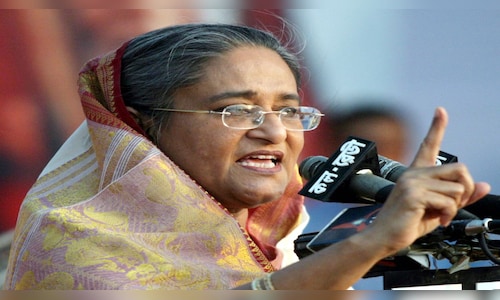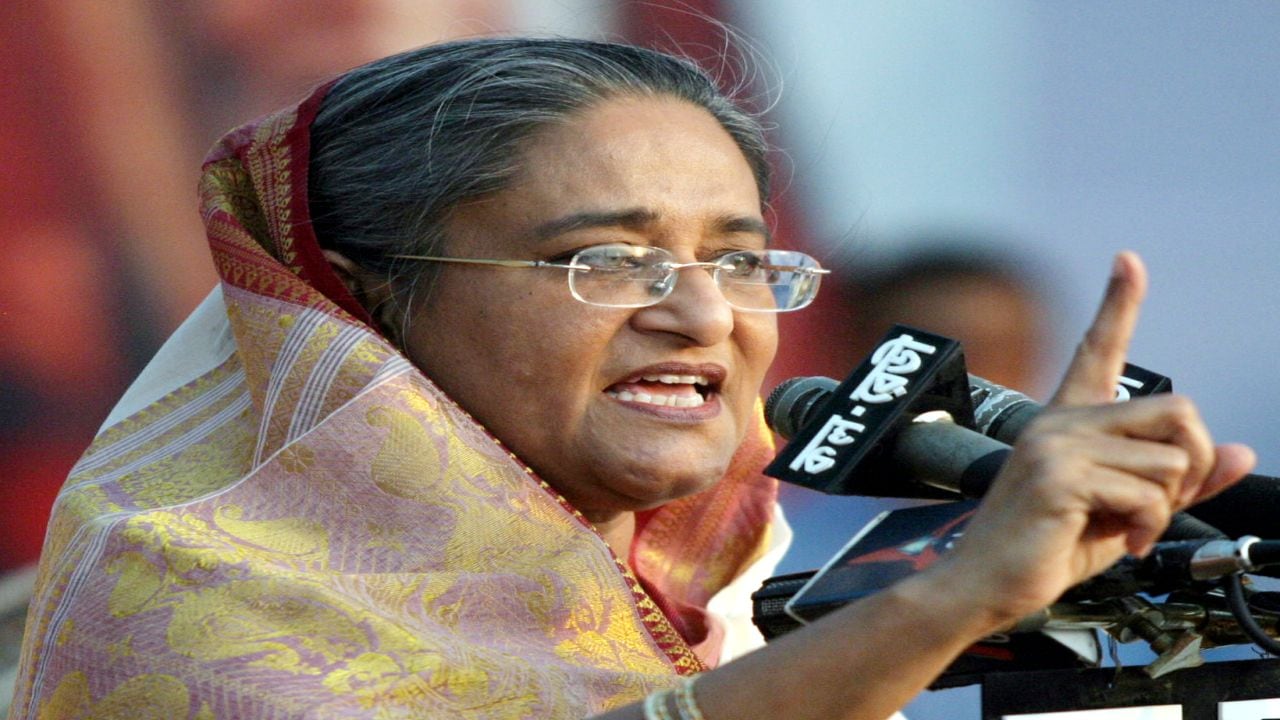

However, Deepak Vohra, former Indian envoy to Poland, characterised the allegations against Hasina as a “political issue,” suggesting that India has grounds to refuse the extradition under the 2013 treaty revised in 2017-18.
Speaking to CNBC-TV18, Vohra emphasised that extradition treaties typically address criminal activities such as murder, terrorism, or financial crimes. “Is she a criminal? That’s the first question that has to be addressed,” he stated. “Simply because the Bangladesh government says she’s a terrible person, give her back to us, we won’t.”
Hasina, now residing in India at an undisclosed location, faces charges from Bangladesh’s International Crimes Tribunal, which issued arrest warrants accusing her and her associates of “crimes against humanity and genocide.” However, Vohra highlighted the lack of direct evidence against Hasina, questioning whether the accusations meet the standard of dual criminality—a key criterion for extradition under international norms.
“She has not been accused of directly murdering people, nor has she been linked to money laundering or financial crimes. There has to be very hard evidence,” Vohra noted. He further underscored the political nature of the issue, pointing out the interim Bangladeshi government’s lack of electoral legitimacy and leadership challenges. “The successor government, which is not an elected government, and some fellow who proclaims that he’s the chief advisor to the government — in fact, it’s a deadly cocktail of senility, like this 87-85 year-old fellow who runs it, and a bunch of students who are in their early 20s. So, this kind of senility and inexperience is a very deadly cocktail. So, how do we take it from there? We do not have an elected government. We do not have a duly appointed government. Do we consider a request by whoever is being appointed as the chief advisor? These are issues that will have to be considered,” he remarked.
The extradition treaty between India and Bangladesh allows exceptions, including political persecution or military offences. Given the context of Hasina’s ouster and the interim government’s demands, India retains significant discretion in its decision-making. Vohra suggested that India evaluate whether Hasina’s case represents political persecution or genuine criminal allegations before deciding.
Addressing the possibility of Bangladesh seeking recourse through international platforms, Vohra dismissed the impact of such measures. While Bangladesh could approach the International Criminal Court (ICC), India is not a signatory to the Rome Statute that established the court, and its decisions would not be binding. “Ultimately, the decision is ours,” he reiterated.
Watch the accompanying video for the entire conversation.



